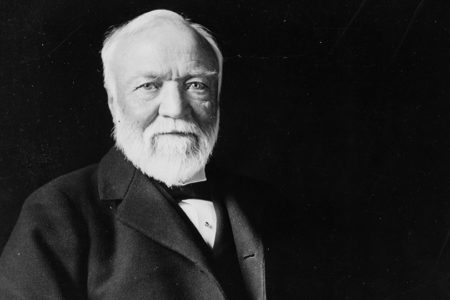The Saudi-Israeli Connection
In a recent interview with Army Radio, Israeli Energy Minister Yuval Steinitz revealed Israel has been holding covert talks with Saudi Arabia amid mutual concerns over Iran’s ascendancy in the Middle East. It was the first time a senior official from either country admitted to the long-rumored secret contacts.
Israel and Saudi Arabia both view Iran, which has emerged stronger than ever from the power vacuums created by the wars in Iraq and Syria, as the greatest threat to the Middle East. Tehran is now close to achieving the strategic goal of establishing a so-called Shia Crescent—an arc of Iranian influence stretching from the Persian Gulf to Lebanon—in the heartland of the Sunni Arab world. Such an arc would not only challenge Saudi Arabia’s claim to leadership of the Islamic world, but it would also allow Iran to establish a military presence on Israel’s northern border.
With Iran and Saudi Arabia battling for supremacy, tensions between Riyadh and Jerusalem have eased. Israel Defense Forces Chief of Staff Lt. Gen. Gadi Eizenkot recently said Israel was prepared to share “intelligence information” with Saudi Arabia, saying their countries share a common interest in confronting Iran.
Israeli official Yisrael Katz has called for the creation of an Arab-Israeli economic bloc as the basis for an “anti-Iran axis.” Widely viewed as a contender to succeed Prime Minister Benjamin Netanyahu, Katz said the bloc should be anchored by a rail and port network—dubbed as the “Orient Express”—that would pull the region together through trade.
“Iran is the big enemy,” he told the Canadian newspaper The Globe and Mail. “It’s very clear we [Israel and Saudi Arabia] are practically on the same side. All Sunni countries are against Iran. They see Israel as the only power that can stand against Iran in the region.”
Katz has invited Saudi Arabia’s Crown Prince Mohammed bin Salman to Israel. He has also discussed the Saudi peace and economic development plan with Jason Greenblatt, U.S. President Donald J. Trump’s adviser on the Middle East. “I had seven meetings with Jason Greenblatt about these things in Washington about this initiative, about the railway,” Katz said.
Saudi Arabia insists that any rapprochement with Israel hinges on a peace deal with the Palestinians. However, Netanyahu’s former national security advisor, Yaacov Nagel, said Riyadh was so keen to begin open cooperation with Israel that it “doesn’t care” what kind of deal is reached with the Palestinians. According to Nagel, the current Saudi leadership is looking for any type of Israeli-Palestinian peace deal to give it political cover for normalizing relations with Israel.
Saudi Arabia and other Arab states have a shared strategic interest in improving relations with Israel, according to Kobi Michael, a senior fellow at the Institute for National Security Studies at Tel Aviv University. “Egypt, Jordan, the Gulf states, excluding Qatar, have two strategic threats: Iran and the Salafi or radical Islamic terrorism,” he said. “Unfortunately, the U.S. left a vacuum in the region which was filled by the Russians in Syria and by the Iranians and their proxies in other parts of the Middle East. Israel is perceived as the most reliable potential ally. Therefore, the Saudis understand pretty well that it is a good time to be good friends with Israel.”
This paradigm shift in Middle Eastern politics is reflected in the Trump administration’s new national security strategy. The document asserts, “For generations the conflict between Israel and the Palestinians has been understood as the prime irritant preventing peace and prosperity in the region. Today, the threats from radical jihadist terrorist organizations and the threat from Iran are creating the realization that Israel is not the cause of the region’s problems. States have increasingly found common interests with Israel in confronting common threats.”








